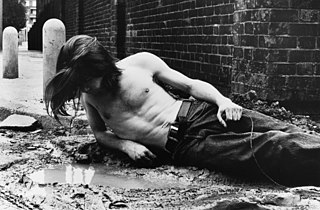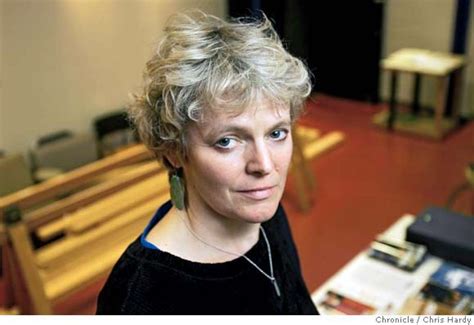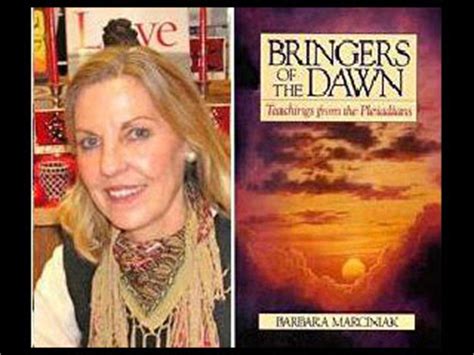A Quote by Barbara Kruger
Power doesn't just exist. It is threaded through different mechanisms of control. I'm interested in those complexities. But I want to address that in very forthright language and sometimes with images.
Related Quotes
First you look for discipline and control. You want to exercise your will, bend the language your way, bend the world your way. You want to control the flow of impulses, images, words, faces, ideas. But there's a higher place, a secret aspiration. You want to let go. You want to lose yourself in language, become a carrier or messenger.
Can we say that the constitutional monarchies in Spain, Belgium or England are democratic? Those with superior chambers like the House of Lords in England, that still represent the English feudal nobility in terms of positions above regional representatives, who are in the end the representatives supposedly elected by the population. Many mechanisms exist, but they are mechanisms to preserve the power of the wealthy classes, of the bourgeois classes that hold the power and rights above the rest of the society.
There are four different kinds of power in a communication: position power (the CEO talking to her direct reports), emotion power (passion sometimes rules the day), expertise (people often listen to the most knowledgeable person in the room), and conversational power (the subtlest, this is the ability to direct the conversation through body language).
Many great writers address audiences who do not exist; to address passionately and sometimes with very great wisdom people who do not exist has this advantage - that there will always be a group of people who, seeing a man shouting apparently at somebody or other, and seeing nobody else in sight, will think it is they who are being addressed.
We are finally living in Plato's cave, if we consider how those who were imprisoned within the cave - who could do nothing but watch those shadows passing on the back wall - were convinced that those shadows were their one and only reality. I see a profound similarity to all this in the epoch we're now living in. We no longer live simply through images: we live through images that don't even exist, which are the result not of physical projection but of pure virtuality.
I write in order to understand the images. Being what my agent . . . somewhat ruefully calls a language playwright, is problematic because in production, you have to make the language lift off the page. But a good actor can turn it into human speech. I err sometimes toward having such a compound of images that if an actor lands heavily on each one, you never pull through to a larger idea. That's a problem for the audience. But I come to playwriting from the visual world - I used to be a painter. I also really love novels and that use of language. But it's tricky to ask that of the theatre.
The ultimate tyranny in a society is not control by martial law. It is control by the psychological manipulation of consciousness, through which reality is defined so that those who exist within it do not even realize that they are in prison. They do not even realize that there is something outside of where they exist.
I've been collecting photographs since I don't know when, for a long time, for different reasons. You can find them on eBay and when we were browsing through the shops there were images that attracted me. These are all historical images because these days they're all digital. They don't exist anymore.
I am very interested in writers from the Francophone world. I like Kamel Daoud a lot, for example. In "The Meursault Investigation" and "Zabor," he shows a passion for the French language, a very special way of writing that belongs to those who live on the other side of the Mediterranean Sea. It is language that connects us. It allows people there to cling to our history, our culture and sometimes also our values.
Every single painting is different. I'm always trying to figure out what I'm interested in. Usually when I go through and I make the collages or the images for ideas that I want to paint, it's like an Ouija board. Each painting I do is trying to understand what the hell I'm looking at, or want to look at.
What is true is that the idea of power corrupts. Power corrupts most rapidly those who believe in it, and it is they who will want it most. Obviously, our democratic system tends to give power to those who hunger for it and gives every opportunity to those who don't want power to avoid getting it. Not a very satisfactory arrangement if power corrupts those who believe in it and want it.








































